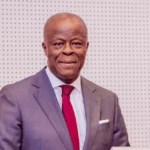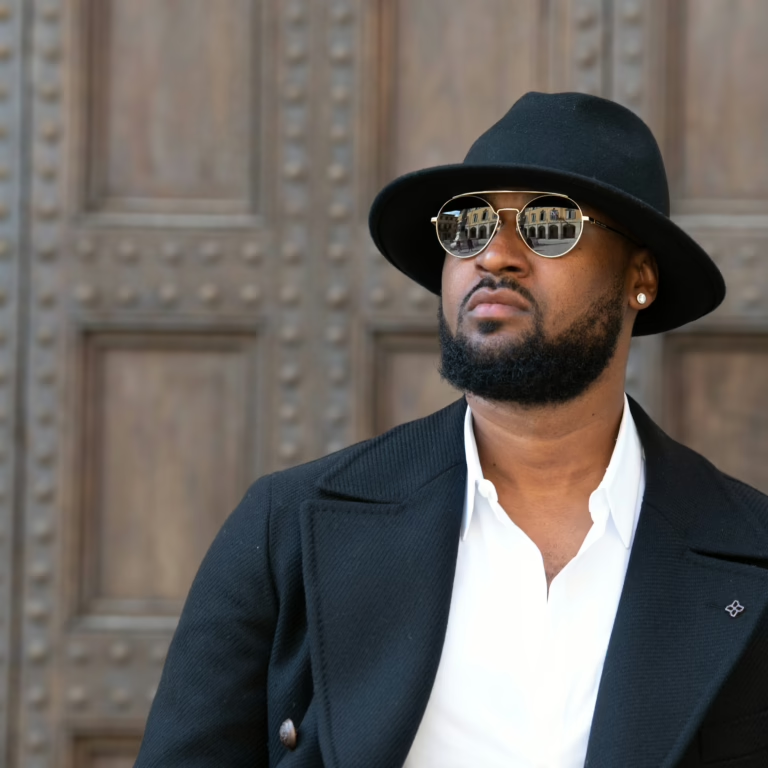Charles Onyekachi Onyeabor, an Italian-Nigerian artist, songwriter, and entrepreneur, has sparked a vital dialogue on racism and moral failings within African communities. He urges Africans to reconsider the tendency to attribute all societal evils solely to white people.
As the eldest son of the iconic Afro-funk legend William Onyeabor, Charles shared his perspective on social media, emphasizing that while the brutal legacies of colonialism and the slave trade cannot be overlooked, malevolence transcends racial boundaries.
“Evil is not confined to any one race; it is a human condition,” he asserted.
“To claim that wickedness is exclusive to white people is both inaccurate and unfair. The truth is that cruelty and prejudice are traits found across humanity.”
Onyekachi challenges the common narrative that paints white people as inherently more malicious. Instead, he highlights how Africans often fail to recognize the deliberate and strategic ways other groups protect their interests and foster unity.
“Other communities prioritize their people, act cohesively, and consider the long-term consequences of their decisions,” he explained.
“Conversely, many Africans focus narrowly on immediate gains, neglecting how today’s actions shape the future for coming generations.”
To illustrate his point, Onyekachi cited everyday examples of injustice within African societies:
“When you purchase land, another African might suddenly claim it as theirs. Did a white person orchestrate that? Or when jealousy drives a neighbor to sabotage your food-was that the work of a foreigner?
Our leaders cling to power for decades while their citizens endure hardship. Can we blame outsiders for that?”
He also reminded audiences of Africa’s own complicity in the transatlantic slave trade.
“It’s important to remember that black Africans were involved in selling their own people into slavery. The narrative that whites simply invaded and took people ignores this painful truth.”
Onyekachi further addressed the subtle forms of racial bias that exist within African communities themselves.
“Recently, a friend greeted me by asking, ‘How you dey? How’s your Oyibo wife and Oyibo son?’
“If a white person asked about your ‘Black wife and Black child,’ we would immediately call it racist. So why do we overlook it when we do the same?”
He also spoke about the challenges faced by mixed-race individuals both in Africa and abroad.
“Children of mixed heritage often find themselves caught between worlds. In predominantly white societies, they are identified as black and face discrimination. Within African communities, they are labeled ‘Oyibo’ and treated as outsiders.
Ultimately, they belong everywhere and nowhere at once.”
Onyekachi highlighted how African women sometimes reject black men married to white women, refusing to acknowledge their marriages fully.
“Such men are often treated as if they remain single, a reflection of the biases ingrained within us.”
Turning to the issue of tribalism, the singer-whose upcoming event, “The Charles Onyeabor Show,” is scheduled for October 24 in Florence, Italy-pointed out the contradictions in African attitudes toward race and ethnicity.
“We loudly condemn racism, yet within Africa, a Yoruba person might say, ‘I would never marry an Igbo or Hausa.’ Parents disown children for choosing partners from different tribes. Hatred festers among us daily.”
He described this as “the height of hypocrisy,” urging Africans to engage in honest self-examination.
“The world isn’t split into evil white people and innocent black people. It’s divided between those who choose hatred and those who choose kindness. Racism and cruelty exist everywhere, including here in Africa. Until we confront our own shortcomings and stop deflecting blame, we will continue to ignore the injustices within our own communities.”
‘Stop blaming whites alone’ – Charles Onyekachi Onyeabor challenges hypocrisy surrounding racism in Africa




















0 Comments